Mindfulness Teacher Training
Start Date: 11th Oct 2023
SOLD OUT
Welcome to our
HYBRID Mindfulness Teacher Training Course.
Are you passionate about mindfulness and eager to share its transformative power with others?
Our Mindfulness TTC offers a unique opportunity to deepen your practice, gain comprehensive teaching skills, and embark on a journey of personal and professional growth. Whether you’re a seasoned practitioner or new to mindfulness, our course welcomes individuals from all backgrounds to embark on this enriching learning experience.
Why Choose Our TTC?
Comprehensive Curriculum: Our meticulously crafted curriculum covers a wide range of topics, from foundational mindfulness techniques to advanced teaching methodologies. You’ll gain a deep understanding of mindfulness theory and practice, equipping you to guide others gracefully and effectively.
Experienced Faculty: Our team of mindfulness teachers brings years of experience to the table. They are dedicated to supporting you every step of the way, providing personalised guidance and insights to enhance your teaching journey.
Hands-On Training: Learning through first hand experience is at the heart of our course. Through live exercises, teaching simulations, and real-world application, you’ll develop the confidence and skills necessary to lead mindfulness sessions with authenticity.
Holistic Approach: Our training goes beyond techniques, emphasising the integration of mindfulness into daily life. You’ll explore mindfulness in various contexts, including workplace wellness, education, and healthcare settings.
What You’ll Gain:
- A solid foundation in mindfulness theory, practices & ethics
- Proficiency in designing and leading mindfulness sessions for a number of diverse audiences
- Enhanced communication and facilitation skills
- A deep understanding of the psychological and physiological benefits of mindfulness
- Strategies for cultivating self-care and resilience
- Internationally accredited certification with free first year insurance should you choose Y.A.P as your provider.
Our Mindfulness Teacher Training Course is designed to provide you with a dynamic learning experience that seamlessly combines in-person and online components. We believe that the synergy of in-person interaction and the convenience of online learning enhances both the depth of your practice and the breadth of your teaching skills.
This TTC is committed to supporting you in learning how to teach mindfulness – to groups and individuals – in different settings. To that end, we will explore many subjects and develop diverse skills.
There are 12 Modules in total, covering:
- Introduction and orientation
- The history, context and origin of Mindfulness
- The key principles of the 6 Mindfulness practices
- How to embody the 9 Core attitudes of Mindfulness
- The Art of Letting Go
- Teaching Mindfulness in practice
- Navigating the obstacles to mindfulness meditation
- How we are affected by stress and maladaptive patterns
- Embodied Mindful Movement
- Exploring the Business aspects of Mindfulness
- Learning the essential skills for teaching mindfulness
- Developing your unique voice and content
COURSE DATES 2023:
The 12 Modules run over an intensive 5-week period:
- Wednesday 11 Oct 6.30 – 8.30pm Online
- Saturday 14 Oct 10.00 – 5.00pm Full Day in-Person
- Sunday 15 Oct 23 10.00 – 5.00pm Full Day in-Person
- Wednesday 18 Oct 6.30 – 8.30pm Online
- Wednesday 25 Oct 6.30 – 8.30pm Online
- Saturday 28 Oct 10.00 – 5.00pm Full Day in-Person
- Sunday 29 Oct – 10.00 – 5.00pm Full Day in-Person
- Wednesday 01 Nov 6.30-8.30pm Online
- Wednesday 08 Nov 6.30-8.30pm Online
- Saturday 11 Nov 10.00 – 5.00pm Full Day In-Person
- Sunday 12 Nov 10.00 – 5.00pm Full Day In Person
- Wednesday 15 Nov 6.30 – 8.30pm Online
The in-person dates will take place in Battersea, London.
INVESTMENT:
- Launch Offer: £679 – valid until 20 August
- Super Early Bird: £779 – valid until 05 September
- Early Bird: £889 – valid until 30th September
- Full Price: £950
JOIN US:
Embark on a transformative journey that not only enriches your life but also empowers you to positively impact the lives of others. Whether you aspire to teach mindfulness professionally or integrate it into your existing profession, our Mindfulness Teacher Training Course equips you with the tools and knowledge you need to succeed.
To request an application form please email TODAY. dom@angusfordrobertson.com


